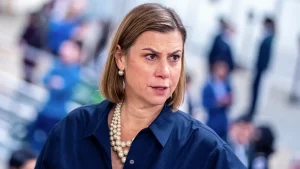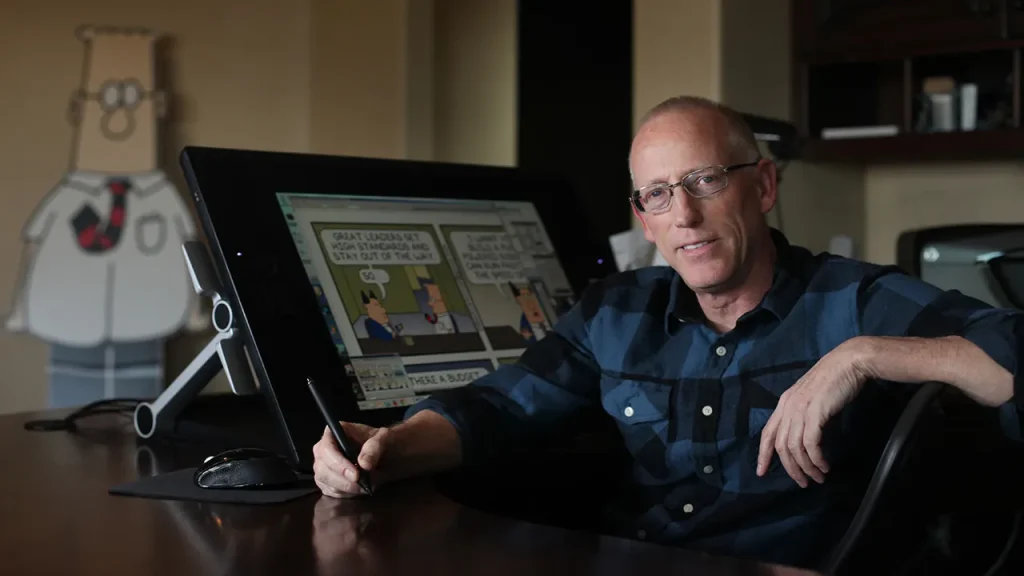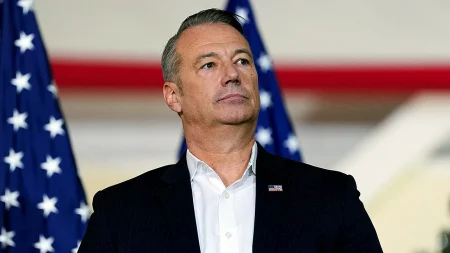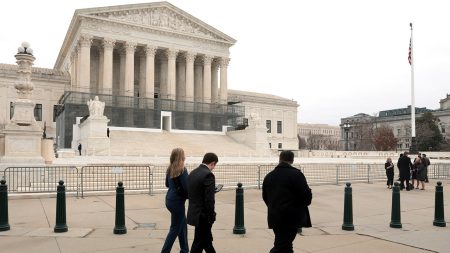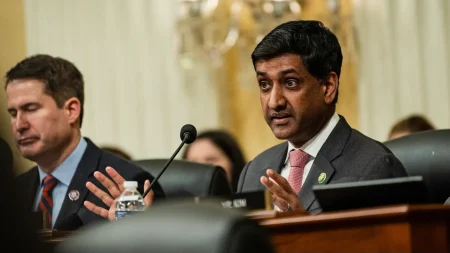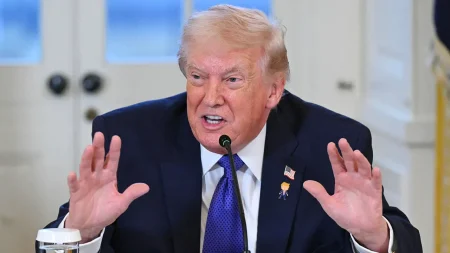The Fight for Life: Scott Adams Appeals to President Trump Amid Cancer Treatment Delays
In a poignant appeal that highlights both the personal tragedy of cancer and the frustrations many Americans face with healthcare systems, “Dilbert” creator Scott Adams has reached out to President Donald Trump for help accessing treatment that could extend his life. Adams, who earlier this year revealed his diagnosis of metastasized prostate cancer, shared on social media that while his healthcare provider, Kaiser Permanente Northern California, had approved his application for the FDA-approved drug Pluvicto, they had “dropped the ball” in scheduling the necessary IV administration. “I am declining fast,” Adams wrote in his heartfelt post, underscoring the urgency of his situation. His public plea reflects the desperation that can accompany serious illness, especially when bureaucratic delays stand between patients and potentially life-extending treatments. Though Adams acknowledged that Pluvicto is not a cure, he expressed hope that it might give him “a fighting chance to stick around on this planet a little bit longer” – a modest but profound wish that resonates with anyone who has faced mortality or watched a loved one battle serious illness.
The response to Adams’ plea was swift from the highest levels of government, demonstrating how social media can sometimes cut through red tape when traditional channels fail. Health and Human Services Secretary Robert F. Kennedy Jr. quickly replied to Adams’ viral post, stating, “The President wants to help,” and requesting contact information. Dan Scavino, White House deputy chief of staff and head of personnel, also assured Adams that President Trump, Kennedy, and Dr. Oz were “all tracking now,” suggesting that the administration was mobilizing to address his situation immediately rather than waiting until Monday as Adams had suggested. This rapid response from government officials highlights both the power of public appeals and raises questions about access to care for those without public platforms or connections to influential figures. While Adams’ case may receive special attention due to his celebrity status, it casts a spotlight on the broader issues of treatment delays and administrative hurdles that many cancer patients face daily.
Adams’ struggle with cancer has been publicly documented through his social media and YouTube channel. In May, he shared with his audience that he experiences pain daily and has been using a walker for months. With stark honesty, he told viewers, “If you’re wondering if I’ll get better, the answer is no, it will only get worse. There’s only one direction this goes.” This candid acknowledgment of his prognosis reflects the grim reality faced by many advanced cancer patients, while also demonstrating a remarkable transparency about his condition. His decision to share his cancer journey publicly helps to destigmatize conversations about serious illness and end-of-life concerns, issues that many in society still find difficult to discuss openly. By using his platform to document his experiences, Adams has created a space for public dialogue about serious illness, medical care challenges, and mortality.
The significance of Adams’ diagnosis extends beyond his personal story, as prostate cancer affects approximately one in eight American men during their lifetime. It stands as the second most common cause of cancer death among American men, following only lung cancer in its deadly toll. These statistics underscore the importance of early detection, proper treatment protocols, and timely medical interventions. Adams’ public battle with the disease and his candid discussion of treatment challenges may help raise awareness about prostate cancer screening and treatment options, potentially encouraging other men to seek preventive care or early intervention. Though his situation is deeply personal, the public nature of his appeal transforms it into an opportunity for broader education about a disease that affects millions of American families.
The intervention of high-ranking government officials in Adams’ medical situation raises important questions about healthcare equity in America. While the swift response to Adams’ request demonstrates compassion and concern from the current administration, it also highlights disparities in care access. Many Americans facing similar healthcare bureaucracy challenges lack the platform or connections to receive such immediate attention from government officials. Adams’ case, while unique due to his public profile, represents thousands of similar situations where patients find themselves trapped in administrative limbo while their health deteriorates. The public intervention on Adams’ behalf might serve as both inspiration for reform and a stark reminder of existing inequities in how medical urgency is addressed across different socioeconomic and influence levels in American society.
Regardless of the outcome of Adams’ particular situation, his public appeal highlights the profound human dimension of healthcare challenges. Behind every medical appointment delay, insurance approval, or treatment schedule is a person whose life hangs in the balance, often surrounded by loved ones also affected by these decisions. Adams’ description of wanting “a fighting chance to stick around on this planet a little bit longer” encapsulates the fundamental human desire that drives most medical interventions – not necessarily the pursuit of a miracle cure, but simply more time with those we love and who love us. His case reminds us that healthcare debates and policies are not abstract concepts but directly impact human lives and families. As Adams awaits the outcome of this high-profile intervention, his story stands as a powerful testament to both the personal courage required to face terminal illness and the systemic challenges that can complicate that already difficult journey.
